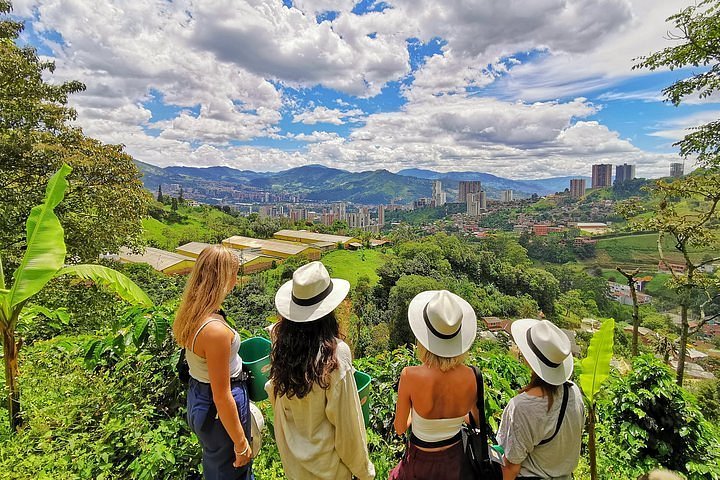The scent of freshly brewed coffee is a universal language, signifying warmth, awakening, and a delicious morning drink enjoyed by millions around the globe. But coffee is not just an individual or communal experience; it's a journey. And not merely a journey from being a humble bean to becoming a perfect cup of java, but also a significant contributor to global tourism.
What is Coffee Tourism?
Coffee tourism, a niche but rapidly growing sector of the travel industry, serves as a bridge connecting coffee lovers with the roots of their beloved beverage. It has transformed regions known for coffee production into popular tourist destinations, creating a unique fusion of travel and tasteful delight.
Coffee plantations in regions like Latin America, Africa, and parts of Asia have evolved from merely producing coffee beans to becoming immersive travel experiences. These coffee estates offer tourists a firsthand look into the process of coffee production, from growing and harvesting to roasting and brewing. The opportunity to walk amidst coffee plants, learning about different coffee varieties, witnessing the traditional methods of coffee preparation, and tasting freshly brewed coffee right from the farm is an unforgettable experience for travelers.
Coffee Tourism's Rising Popularity
In cities worldwide, the rise of specialty coffee shops has also boosted local tourism. From Melbourne to Seattle, coffee culture is a key part of the urban experience. Tourists go to these cities to taste unique coffee brews, engage with skilled baristas, and soak in the local culture. In fact, 'coffee crawling' - a variant of pub crawling - is gaining popularity, where travelers visit multiple coffee shops to sample different roasts and brews.
Coffee tourism also promotes sustainable travel. It emphasizes the importance of fair-trade practices, encourages the preservation of traditional farming techniques, and provides an economic boost to local communities. It allows tourists to make mindful travel choices, contributing to a more sustainable and inclusive tourism industry.
Conclusion
The impact of coffee on tourism is proof to the beverage's power to connect people, cultures, and experiences. It's a reminder that every cup of coffee we sip is a result of a long journey, a journey that intertwines the destinies of coffee growers, traders, baristas, and consumers across continents. As the world continues to cherish its love for coffee, the blend of coffee and tourism is likely to get richer, promising better travel experiences in the years to come.
More stories

When Fashion Meets Coffee

